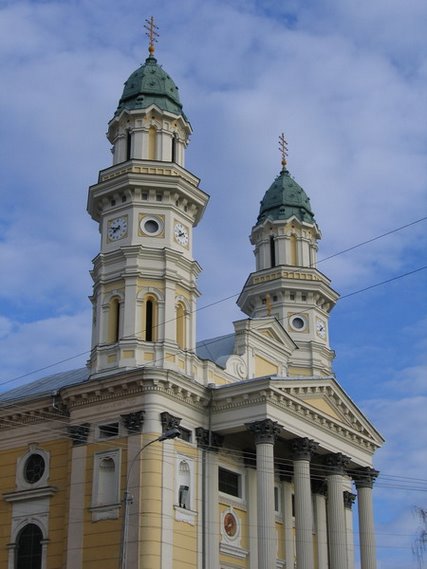NATO дає своїм членам безпеку
 First, NATO enlargement was meant to provide a security shield behind which the countries of Central and
First, NATO enlargement was meant to provide a security shield behind which the countries of Central and
Second, we enlarged NATO as a hedge against a Russia Moscow Central Europe is that it is secure now that it is firmly anchored in NATO and the European Union. Just imagine what Central Europe would look like today if we had not enlarged the alliance: Central and Eastern Europe leaders would spend more time worrying about how to stand up to Russian pressure than building democratic institutions and managing robust, free-market economies. Relations with Poland or the Baltic states would look something like the troubled relations Moscow has today with Ukraine and Georgia Europe when we could least afford it.
The third reason to enlarge NATO was broader and more strategic. At the time, President Bill Clinton spoke of his desire to help Europe resolve its continental conflicts and of his hope that this would encourage Europeans to raise their geopolitical sights, assume more global responsibility and become partners with the United States in addressing new threats beyond Europe .
The nations of Central and Eastern Europe are democratic, stable and prosperous. They made this progress precisely because they were able to leave the Soviet orbit and become part of Europe . That dream of joining NATO and rejoining Europe galvanized their populations and caused them to unite in support of tough reforms that were achieved only because they were the price of joining NATO. And today they have the confidence as well as the wherewithal to deal with the rise of a nationalist Russia
/The writers served in the State Department during the Clinton







No comments:
Post a Comment